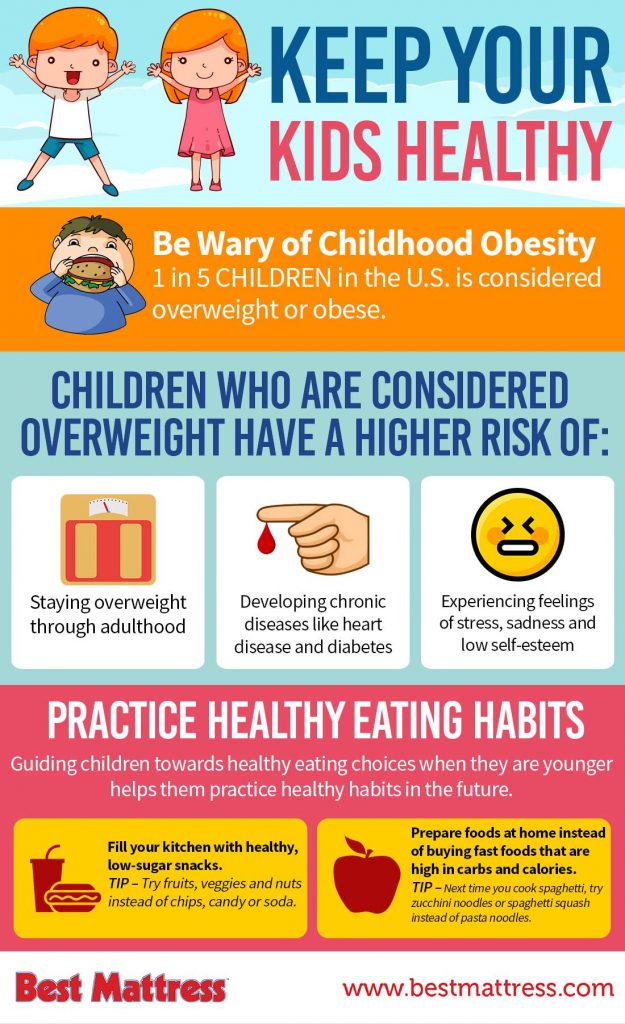
Being a parents is so rewarding. It’s also a tough job but one that we love to do. It seems like there is always just one more thing that we need to do to make sure our children learn and grown properly. Keeping children healthy is always important and never changes. They are not in our care for long and yet the time they are can be the most important when it comes to their health. The habits children learn young stay with them throughout their entire lives. Establishing healthy habits early will only benefit them as they grow older. Sometimes getting your child to eat the proper healthy foods can be a challenge. But it’s something that we need to stick with if we want them to be happy and healthy individuals.
Healthy Eating Habits
The number of overweight children in the United States has increased dramatically in recent years. 1 in 5 children in the U.S. is considered overweight or obese. This number will only increase year after year unless we as parents and caregivers make a goal to do the best we can to help them establish healthy habits.
Children who are considered overweight are at higher risk of
1)staying overweight through adulthood
2) Developing chronic diseases like heart disease and diabetes
3) Experiencing feelings of stress, sadness and low self-esteem.
None of those are things we want are children to have to go through if we can help it. Practicing healthy eating habits is one way to get started. Guiding children towards healthy eating choices when they are younger helps them practice healthy habits in the futures. Fill your kitchen with healthy, low-sugar snacks instead of chips, candy or soda. Prepare foods at home instead of buying fast foods that are high in carbs, sodium and unnecessary calories. Try healthy substitutions such as using zucchini noodles or spaghetti squash instead of pasta noodles.
Healthy Sleeping Habits
Sleep is very important to your child’s health and well-being. In fact, good sleep habits start from birth. Children who do not get enough sleep may have trouble functioning during the day. At night, they may find it hard to settle.
Every child is different. Some sleep a lot and others much less. This chart is a general guide to the amount of sleep children need over a 24-hour period, including nighttime sleep and daytime naps.
| Infants (4 to 12 months old) | 12-16 hours |
| Toddlers (1 to 2 years old) | 11-14 hours |
| Children (3 to 5 years old) | 10-13 hours |
| Children (6 to 12 years old) | 9-12 hours |
| Teenagers (13 to 18 years old) | 8-10 hours |
Source: Recommended Amount of Sleep for Pediatric Populations: A Consensus Statement
Some children have trouble falling asleep on their own and can lay awake for long periods of time. This can be caused by a number of different issues.
- If your childis watching TV or playing video games for long periods of time, try limiting screen time or cutting it out of the bedtime routine.
- Don’t allow your child to drink or eat anything with caffeine.
- An uncomfortable mattress, even for a child, can cause restless sleep. Make sure that the mattress they have is comfortable and allows them room to grow.
- Try doing relaxing activities before bed such as reading, listening to calming music, or laying in bed with your child talking quietly about her day.
If these reasons aren’t the cause, talk to your doctor about other ways to help your child learn to fall asleep on her own.
Creating healthy eating and sleeping habits while your child is young can really set the stage for a successful and happy life. We want you to know that at Best Mattress we care that your children are healthy and happy and we are here for you every step of the way.
